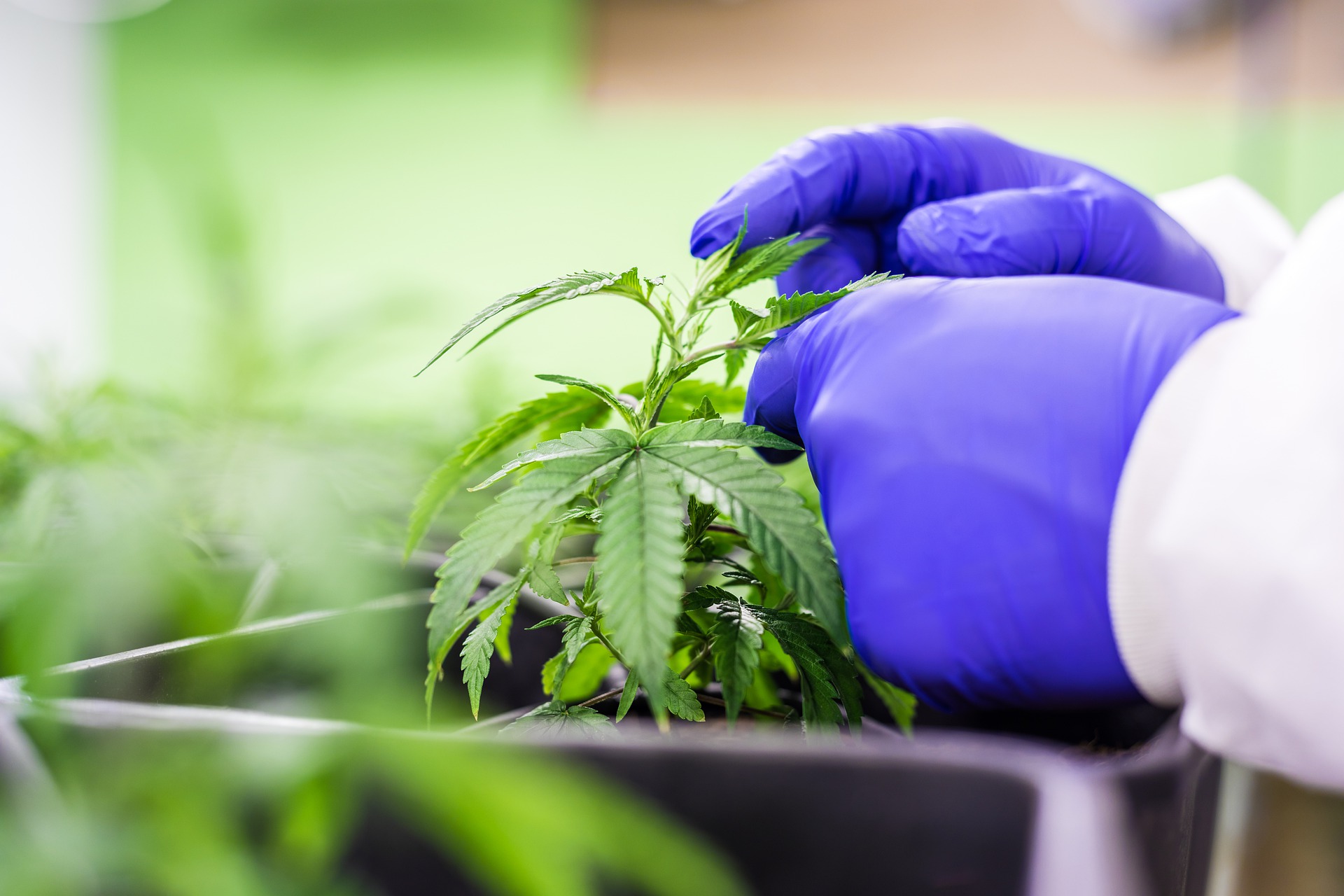News release
From:
A study of over 3000 patients being treated with medicinal cannabis in clinics around Australia has found that significant improvements in quality of life were reported across eight key health indicators.
The study, published in JAMA (Journal of the American Medical Association) Network Open, presents further data that medicinal cannabis treatment may be associated with quality-of-life improvements across various health conditions.
Patients reported particularly significant improvements in social and emotional well-being, bodily pain and the ability to perform their day-to-day roles without physical or emotional limitations.
The study was conducted by researchers from Swinburne University of Technology and Australian biotech Emyria.
Lead author Dr Thomas Arkell says, “While clinical evidence for medicinal cannabis efficacy is still in its infancy, this study shows that patients using medicinal cannabis do experience significant improvements in their daily life and wellbeing.”
Emyria Medical Director Dr Alistair Vickery says the study should encourage doctors and GPs to give more consideration to referring appropriate patients with unmet health needs to specialists in medicinal cannabis treatments for care.
“The evidence we’re generating, both anecdotally in my experience and through large-scale studies like this one, continues to suggest that medicinal cannabis can be a huge help to people struggling with conditions like chronic pain, insomnia and anxiety.”
Chronic pain is one of the most common and significant health problems in the Australian population.
The study analysed the experiences of 3148 patients who were treated for health conditions at Australian clinical network Emerald Clinics, for conditions including chronic non-cancer pain, cancer pain, insomnia and anxiety.
On average, patients were followed up on a 1-2 month basis and would complete the 36-question Short Form Health Survey questionnaire, a widely used measure of health-related quality of life.
The Short Form Health Survey measures the experiences of patients across 8 key indicators:
- Limitations in physical activities due to health problems
- Limitations in social activities due to health problems
- Limitations in usual role activities due to physical health problems
- Limitations in usual role activities due to emotional health problems
- Bodily pain
- General mental health
- Vitality (energy levels and fatigue)
- General health perceptions
The answers given on the survey led to assessment scores (out of 100) across the eight above-mentioned health domains. This study tracked the changes in those scores throughout medicinal cannabis treatment through as many as 15 follow-up appointments with specialists.
There was a recorded improvement in scores across all eight indicators, with the highest changes recorded in the areas of social functioning (18.31), bodily pain (17.34), physical role limitations (16.81) and emotional role limitations (14.19).
The lowest average recorded improvement was in the category of limitations in physical activities due to health problems, or more simply, physical functioning (6.60).
Adverse events were rarely serious but common, highlighting the need for caution with prescribing medicinal cannabis.



 Australia; VIC; WA
Australia; VIC; WA



